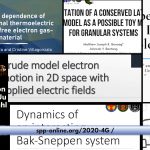
Call us today at +321 123 456 7
or email us at info@example.com
If you seek truth you will not seek victory by dishonorable means,
and if you find truth you will become invincible.
Suspendisse bibendum cursus luctus. Donec consequat malesuada felis at faucibus. Nulla dapibus malesuada libero, ut iaculis elit mattis quis.
Suspendisse bibendum cursus luctus. Donec consequat malesuada felis at faucibus. Nulla dapibus malesuada libero, ut iaculis elit mattis quis.
Suspendisse bibendum cursus luctus. Donec consequat malesuada felis at faucibus. Nulla dapibus malesuada libero, ut iaculis elit mattis quis.
Suspendisse bibendum cursus luctus. Donec consequat malesuada felis at faucibus. Nulla dapibus malesuada libero, ut iaculis elit mattis quis.
Suspendisse bibendum cursus luctus. Donec consequat malesuada felis at faucibus. Nulla dapibus malesuada libero, ut iaculis elit mattis quis.
Suspendisse bibendum cursus luctus. Donec consequat malesuada felis at faucibus. Nulla dapibus malesuada libero, ut iaculis elit mattis quis.
Suspendisse bibendum cursus luctus. Donec consequat malesuada felis at faucibus. Nulla dapibus malesuada libero, ut iaculis elit mattis quis.
Suspendisse bibendum cursus luctus. Donec consequat malesuada felis at faucibus. Nulla dapibus malesuada libero, ut iaculis elit mattis quis.
Suspendisse bibendum cursus luctus. Donec consequat malesuada felis at faucibus. Nulla dapibus malesuada libero, ut iaculis elit mattis quis.

If you seek truth you will not seek victory by dishonorable means,
and if you find truth you will become invincible.

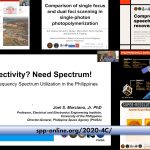
The Samahang Pisika ng Pilipinas (SPP) will have its preconference workshop entitled Workshop on Data Analytics Applications for Industry on October 18, 2022 in a hybrid online and on-site format. On-site activities will be held at the Proxy by the Oriental, Legazpi City, Albay. This event is open to all Manufacturing/R&D engineers, and aims to
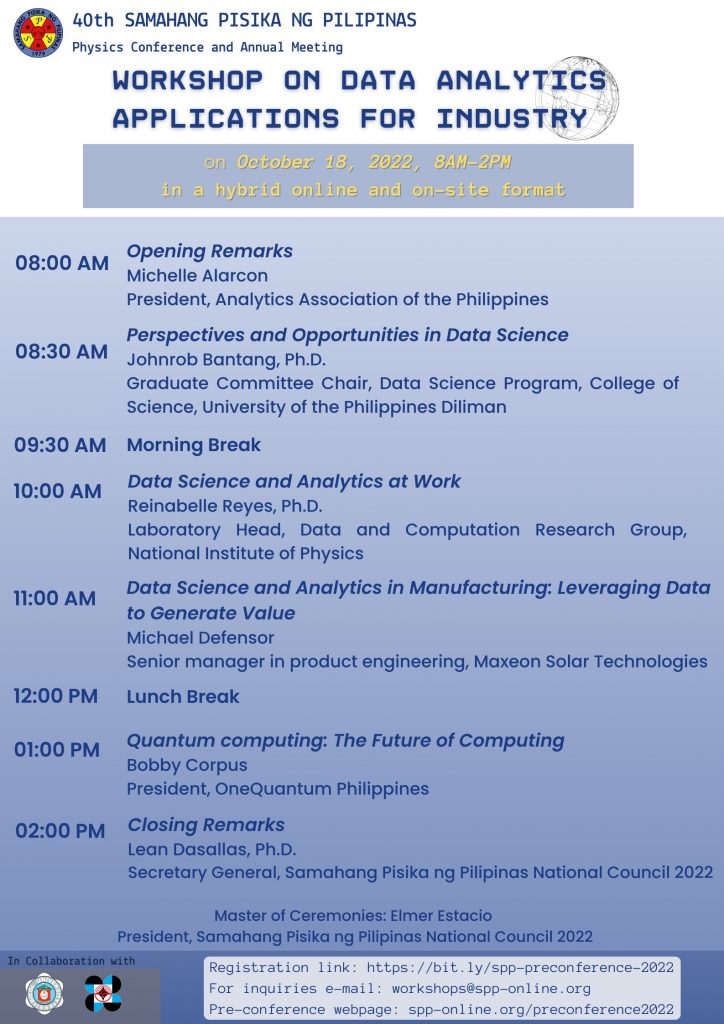
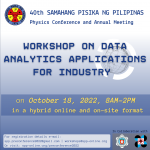
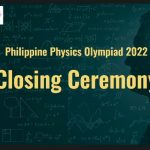
Physics Department, De La Salle University, Manila
President
Cristine Villagonzalo, Ph. D.
National Institute of Physics, University of the Philippines Diliman
First Vice President
Armando Somintac, Ph. D.
National Institute of Physics, University of the Philippines Diliman
Second Vice President
Rene Batac, Ph. D.
National Institute of Physics, University of the Philippines Diliman
Secretary General
Giovanni Tapang, Ph. D.
National Institute of Physics, University of the Philippines Diliman
Treasurer
Ian Jasper Agulo, Ph. D.
Department of Physical Sciences, University of the Philippines Baguio
Elmer Estacio, Ph. D.
National Institute of Physics, University of the Philippines Diliman
Eric Galapon, Ph. D.
National Institute of Physics, University of the Philippines Diliman
Paul Leonard Atchong Hilario, Ph. D.
Electrical and Electronics Engineering Institute, University of the Philippines Diliman
Francis Paraan, Ph. D.
National Institute of Physics, University of the Philippines Diliman
Rosa Belarmino
The Graduate School, University of Santo Tomas, Manila
Raymund Bolalin
Physics Department, De La Salle University, Manila
Maria Eloisa Ventura
National Institute of Physics, University of the Philippines Diliman
SPP is a member society of the AAPPS and is now accepting nominations for the AAPPS-APCTP Chen-Ning Yang Award. Nominees should demonstrate a commitment to both excellence in scientific research and development of leaders in physics in the Asia Pacific region. Please send your nomination package to hq@spp-online.org on or before 15 February 2022.
The following award guidelines are provided in the C.N. Yang Award website.
Background
The CN Yang Award has been established to honor young researchers with prominent research achievements and to promote the development of leaders in physics in the Asia Pacific region. The Association of Asia Pacific Physical Societies (AAPPS) and the Asia Pacific Center for Theoretical Physics (APCTP) have jointly established the AAPPS-APCTP Chen-Ning Yang Award (C.N. Yang Award).
Eligibility
Nomination Package
Selection Process
A selection committee, appointed by the AAPPS Division, the AAPPS and the APCTP, shall determine the recipient of the prize from the nominations, taking into account the overall quality and significance of the contribution and the creativity exhibited in the contribution.
Prize
The prize consists of a US$1000 monetary prize and a certificate for each recipient. The prizes will be presented to the awardees by the AAPPS President at the C.N. Yang Award Ceremony at the AAPPS HQ, and the recipients are invited to give talks and publish review papers to the AAPPS Bulletin.
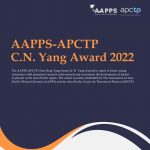
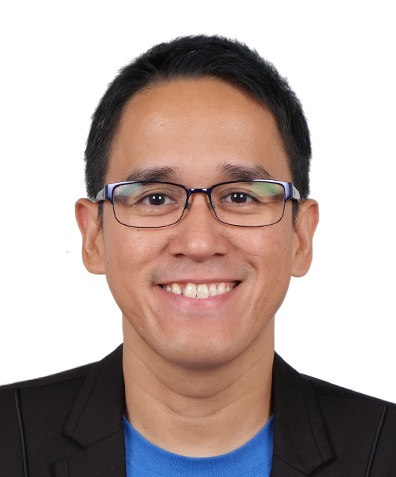
In a recent feature article, the Asian Scientist Magazine cites SPP member Ian Vega as one of Asia’s rising scientists for his investigation of gravitational phenomena governing the universe. Ian Vega is a Professor at the National Institute of Physics of the University of the Philippines Diliman. Together with his young and talented team, he hopes to unravel gravity and its role in understanding the universe’s biggest mysteries.
In his interview with the Asian Scientist Magazine, he summarized his research in gravity and described his scientific motivations and targets for the next few years. He talked about the challenges he faced, not just for his group, but also for the academic research community in the Philippines as a whole.
Ian Vega is currently a Councilor of the Samahang Pisika ng Pilipinas and will serve as its Second Vice President in 2022.

Nathaniel Hermosa II, Ph. D.
National Institute of Physics
University of the Philippines Diliman
President
Darwin Putungan, Ph. D.
Institute of Physics
University of the Philippines Los Baños
First Vice President
Ranzivelle Marianne Roxas-Villanueva, Ph. D.
Institute of Physics
University of the Philippines Los Baños
Second Vice President
Francesca Isabel de Vera, Ph. D.
Institute of Physics
University of the Philippines Los Baños
Secretary General
Carlos Baldo III, Ph. D.
Department of Physics
Mapúa University
Treasurer
John Paul Besagas, Ph. D.
Polytechnic University of the Philippines
Phoebe Nicole Perez, Ph. D.
Department of Science and Technology
Reinier Xander Ramos
University of the Philippines Diliman
Leo Mendel Rosario, Ph. D.
University of the Philippines Open University
Lemuel John Sese
Mapúa University
Michelle Marie Villamayor, Ph. D.
Central Mindanao University
Renante Violanda, Ph. D.
University of San Carlos
Myles Allen Zosa, Ph. D.
University of the Philippines Diliman
Academician Jose B. Cruz, Jr. will be the keynote speaker for the 38th SPP Physics Conference in Legazpi City, Albay. He will share his ideas and thoughts on Complexity Challenges in Engineered Systems.
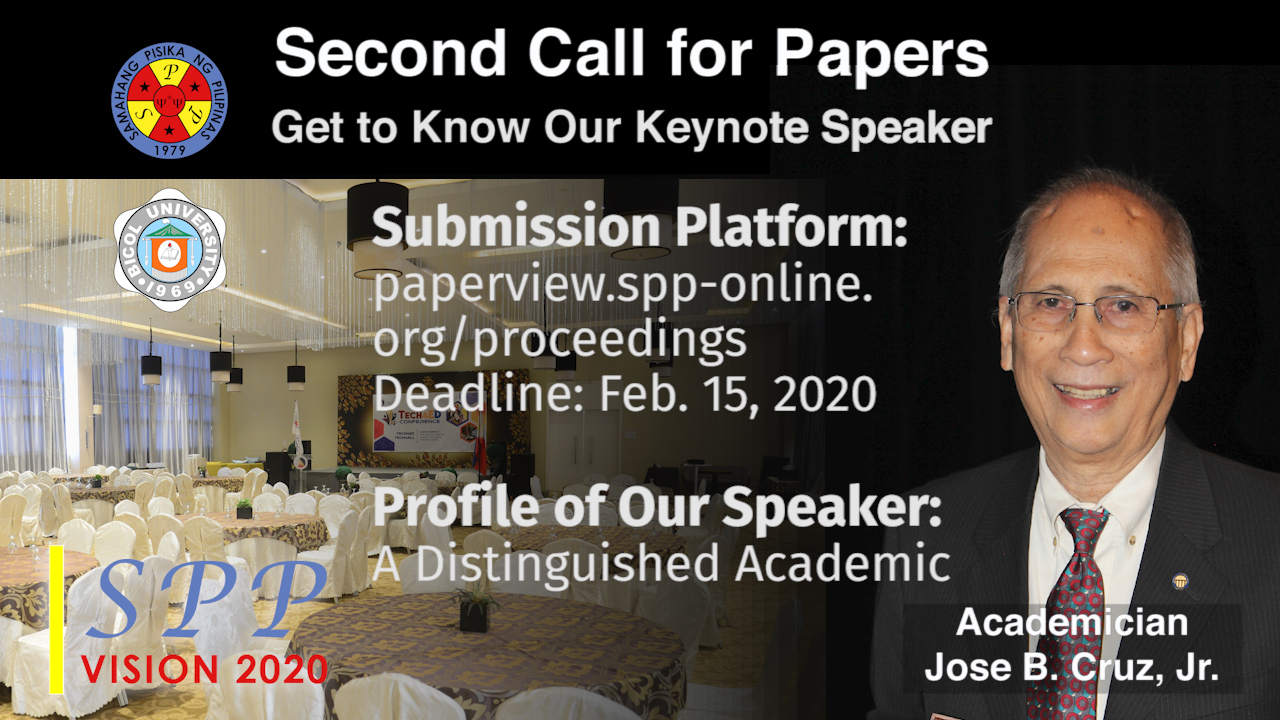
Jose B. Cruz, Jr. received the BS degree (summa cum laude) from the University of the Philippines, SM degree from the Massachusetts Institute of Technology, and PhD degree from the University of Illinois, Urbana-Champaign (UIUC), all in electrical engineering. He had been Dean of the College of Engineering at Ohio State University (OSU), Chair of the Electrical and Computer Engineering (ECE) Department at the University of California at Irvine (UCI) and Associate Head of the ECE Department at UIUC. He is Professor Emeritus at UIUC, UCI, and OSU.
Dr. Cruz is a Life Fellow of IEEE, a Fellow of the American Association for the Advancement of Science, Fellow of the American Society for Engineering Education (ASEE), and Fellow of the International Federation of Automatic Control (IFAC). He received the American Automatic Control Council (AACC) Richard E. Bellman Control Heritage Award; the IEEE James H. Mulligan, Jr. Education Medal; the ASEE Curtis W. McGraw Research Award; the IEEE Richard M. Emberson Award; and the IEEE Education Society William E. Sayle III Achievement Award. He is a Member of the US National Academy of Engineering, and an Academician of the National Academy of Science and Technology of the Philippines.
Dr. Cruz authored or coauthored seven books and more than 300 journal articles, conference papers, and book chapters on sensitivity analysis in circuits and systems, and feedback strategies in decision making for complex systems.
Dr. Cruz served as President of the IEEE Control Systems Society, a member of the IEEE Board of Directors, IEEE Vice President for Technical Activities, and IEEE Vice President for Publications. He is a Licensed Professional Engineer (PE) in Illinois and Ohio and a Licensed Professional Electrical Engineer (PEE) in the Philippines.

